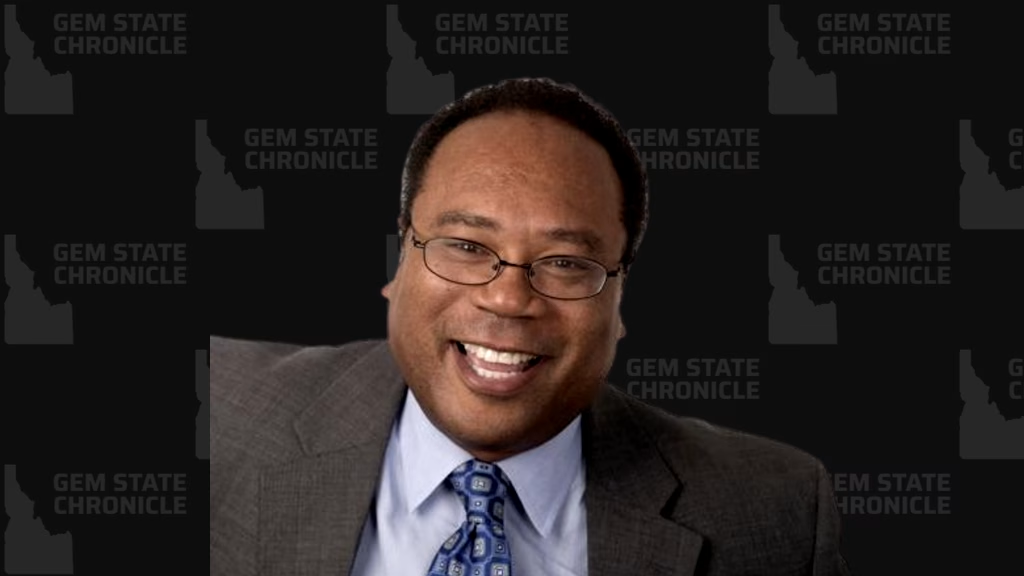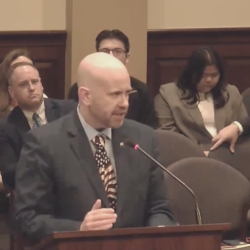By Rick Hogaboam
I’ve had some great conversations this past week with curious minds who wanted to better understand my concerns with ranked-choice-voting. Here are some recent emphases in my conversations:
- My logistical concerns are mostly focused on the inability for precinct/batch summability, which is an important criterion when it comes to auditability of parts within the whole and isolating and diagnosing mistakes within the parts. Batch summability also mitigates against a single point of failure. It’s much harder to interfere with 44 different counties (and hundreds more precincts) collectively than compromising a single tabulation mechanism. Batch summability also established direct accountability at the local level and enhanced transparency, all important features for public trust in an elections system.
- Ballot custody and/or data transmission need specific legislative clarity in any change to a system that’s transferring to centralized tabulation. Alaska administers elections differently than Idaho in relation to constitutional and statutory delegation of responsibilities. Administering elections at the county level, tabulating at the county level (and reporting to the Secretary of State), and storing ballots at the county level are very different from a centralized RCV system. Ballots combine federal, state, and local races and ballot measures. A central tabulation for some races out of the whole requires clarity on whether ballots need to be issued in parts. I could go on, but needless to say that there are legitimate logistical and administrative concerns that aren’t adequately addressed in RCV efforts in Idaho. This has nothing to do with whether we’re as “smart as the folks in Alaska;” it has to do with a different election infrastructure in Idaho. Even the most basic matters such as ballot design and custody may require an overhaul or split ballots — all of which increase costs and potential risk for mistakes. Any change to RCV requires thorough analysis. This doesn’t even include logistics down to how ballots should be counted when they present some of the common errors on RCV ballots. There’s a big difference between spoiling a ballot or counting someone’s 4th preference as their first preference because of over-votes in a prior slot.
- There’s much debate over what exactly the costs would be to the state and to the respective counties if RCV was implemented. While much debate is had over affordable options for RCV tabulation, there’s much more to it than having a workable tabulator to run the algorithm. The data for every scanned ballot ranking preferences needs to be captured. It’s the capture, retention, and transmission that require significant analysis not just for all 44 counties but for the hundreds of precincts where elections are administered. This is different from a municipality or even a county running RCV within its own jurisdiction.
My primary concerns are lack of procedural clarity. You can’t copy and paste the Alaska model into Idaho without reformatting and reprogramming the entire elections ecosystem and infrastructure. If we’re going to violate batch summability and many other advantageous aspects of our election system in Idaho, then it, one, better be worth it, and, two, needs to more carefully address many logistical matters in statute.
As much as I’ve said, there’s actually so much more that can be said about the workability of RCV within our existing jurisdictional and statutory framework. It’s like filling the unleaded gas tank with diesel. The batch summability is truly a logistical criterion that prioritizes local accountability, transparency, and election security. Until I can be convinced that the elections I’m responsible for administering can provide a localized batch report of how Canyon County voted as a part of the whole, and am able to forensically verify such results, I can’t in good conscience support or sit idly by on mute with the proposed RCV effort in Idaho. If the proponents want an Alaska model, then they should accurately capture the costs of having the state run the statewide elections, with us running county and below within our jurisdiction and systems.
If they simply want us to administer the statewide locally and then pass on data of scanned ballots to the state so they do the tabulation, I can’t pretend that this is identical to Alaska; it’s not. And this is not Maine, either. The cities/townships administer elections in Maine, and as I just confirmed with one colleague there, they literally issue two separate ballots and operate two distinct scanners for each separate ballot, and while they can run the first choice report locally, the state police come and take the data sticks for the statewide races and then handle centralized tabulation and reporting. To be clear, I’m not saying these logistical hurdles are insurmountable, but I’m shocked that in literally every conversation I’ve had with proponents of RCV in Idaho, hardly anyone is aware of the jurisdictional and administrative differences in Maine compared to Alaska compared to us as far as elections, ballot custody, audit details, etc.
If, like in Alaska, the state were to take over, then we’re talking about a radical change to our system, not just tweaking some statutes in an initiative. If we’re going to issue two separate ballots and run through distinct scanners and turn over the statewide data to the state, like Maine, then this will require a significant investment and added infrastructure for every county. Please note that these concerns aren’t partisan but genuinely reflect my commitment to safeguard election integrity and transparency in so far as I’ve sworn an oath to discharge my responsibilities to the people of Canyon County, regardless of political affiliation.
Rick Hogaboam is the Canyon County Clerk. Originally posted on Facebook, republished with permission.
About Staff Writer
The Gem State Chronicle brings you news and analysis that empowers you to make positive change in Idaho. Established 2022.













